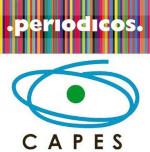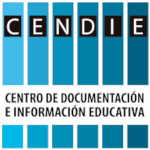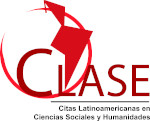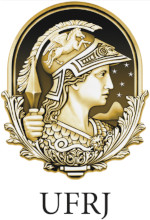Pedagogical model learning based on projects for a contextualized technical training
DOI:
https://doi.org/10.26849/bts.v44i3.719Keywords:
Project-Based Learning, Technical and vocational intermediate education, Active learning methods, General Training, Differentiated trainingAbstract
The article unveils the experience of installing and implementing the Project-Based Methodology (PBL) in technical education professional centers in Chile. It has enabled the systematization of practices targeted at the improvement of quality education, thus building a pedagogical model that can be replicated. Furthermore, a few preconceived pedagogical actions were described, which were key in order to enable students to learn in diversity, working with others, encouraging their emotional, personal and intellectual growth.
Downloads
References
COLL, César. Desarrollo, aprendizaje y enseñanza en educación secundaria. Madrid: Graó: Ministerio de Educación Cultura y Deporte, Secretaría General de Educación y Formación Profesional, 2010.
CUBERO, Rosario et al. La educación a través de su discurso: prácticas educativas y construcción discursiva del conocimiento en el aula. Revista de Educación, Madrid, n. 346, p. 71-104, 2008.
JOIKO, Sara; VÁSQUEZ, Alba. Acceso y elección escolar de familias migrantes en Chile: “No tuve problemas porque la escuela es abierta, porque acepta muchas nacionalidades” Calidad en la Educación, Santiago, n. 45, 2016.
KILPATRICK, William H. The project method. Teachers College Record, New York, v. 19, n. 4, p. 319-335, 1918.
LÓPEZ, Luis Enrique. La diversidad étnica, cultural y lingüística latinoamericana y los recursos humanos que la educación requiere. Revista Iberoamericana de Educación, p. 47-98, 1997.
ONTORIA, Antonio et al. El mapa conceptual como técnica cognitiva y su proceso de elaboración. In: ONTORIA, Antonio et al. Mapas conceptuales: una técnica para aprender. Madrid: Narcea, 1999. p. 31-51.
VERGARA, Juan José. Aprendo porque quiero: el Aprendizaje Basado en Proyectos (ABP): paso a paso. [S.l.]: Ediciones SM, 2015.
WAGNER, Tony. The global achievement gap: why even our best schools don’t teach the new survival skills our children need: and what we can do about it. NewYork: Basic Books, 2008.
WORLD ECONOMIC FORUM. The future of jobs employment, skills and workforce strategy for the Fourth Industrial Revolution Global Challenge Insight Report. Geneva, 2016.
Published
How to Cite
Issue
Section
License
Commitment to the Provision of Creative Commons Licensing
The Senac Journal of Education and Work is per the BY NC license, free of charge and with no commercial purpose.
In submitting their work for evaluation, the authors undertake to make their work available through the Creative Commons-BY NC license at the website <https://br.creativecommons.org>, thus dispensing with the need for signing any other document or contract with Senac to regulate the availability of their works in the Senac Journal of Education and Work.
The author (s) further declare that they recognize the Senac Journal of Education and Work as an open access journal, whose Policies and Authors Guidelines are available to know on its official website, namely - www.bts .senac.br - and that they can be modified at any time, and immediately any new condition published online.
The names and addresses informed in this journal will be used exclusively for the services provided by this publication and are not available for other purposes or to third parties.




















